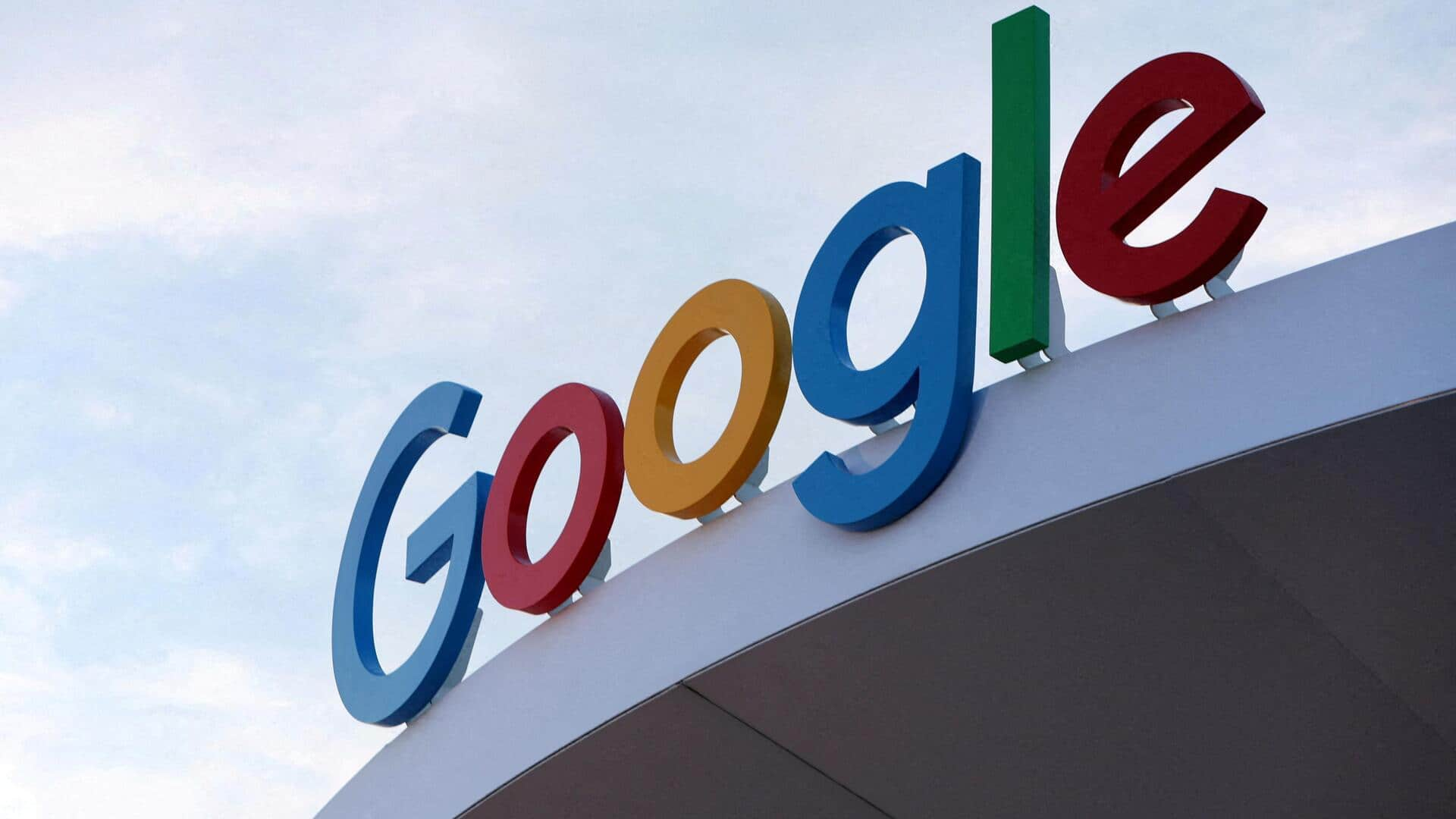
Why Google is planning to cut ties with Scale AI
What's the story
Google, the biggest customer of Scale AI, is planning to sever its ties with the artificial intelligence (AI) data-labeling start-up. The decision comes after rival tech giant Meta announced a 49% stake in Scale AI. The move has raised concerns among firms competing with Meta in developing cutting-edge AI models, as they fear their research priorities and roadmaps could be exposed to a rival.
Strategic pivot
Google starts looking for Scale AI's alternatives
Google had planned to spend around $200 million this year on Scale AI for human-labeled training data. This data is vital for developing advanced technologies, including Gemini, Google's answer to ChatGPT. However, after Meta's investment announcement, the search giant has started talks with several of Scale AI's competitors to shift some of its workload away.
Business resilience
Scale AI to continue operations despite loss of major client
Despite the loss of a major customer, Scale AI intends to continue its operations. The company's CEO, Alexandr Wang, and some employees will move to Meta as part of the deal. However, given that its business model is heavily reliant on a handful of clients, losing key customers like Google could have a significant impact on Scale AI's bottom line.
Financial overview
OpenAI, Microsoft also considering pulling back from Scale AI
In 2024, Scale AI generated $870 million in revenue, with Google accounting for about $150 million of that. Other major tech companies like Microsoft and Elon Musk's xAI are also considering leaving Scale AI. OpenAI had pulled back from Scale months ago, but Reuters confirmed that the company will continue working with them as one of many data vendors.
Data security
Competing companies fear they'll be sharing data with a rival
Companies competing with Meta in AI model development are worried that working with Scale might expose their research priorities and roadmaps to a rival. By using Scale AI, customers often share proprietary data and prototype products for which Scale's employees provide data-labeling services. With Meta now holding a 49% stake, AI companies fear one of their biggest opponents could learn about their business strategy and technical blueprints.
Strategy
What's next for Scale AI?
Scale AI earns most of its revenue by charging generative AI model makers for access to a network of human trainers with specialized knowledge. These trainers annotate complex datasets used to "post-train" AI models. As the demand for sophisticated human-provided examples has jumped, one annotation could cost as much as $100. Despite the challenges posed by Meta's investment, Scale AI wants to continue serving enterprises like self-driving car companies and the US government.